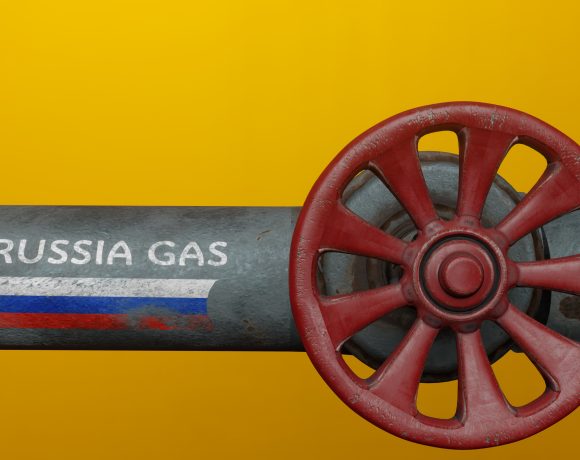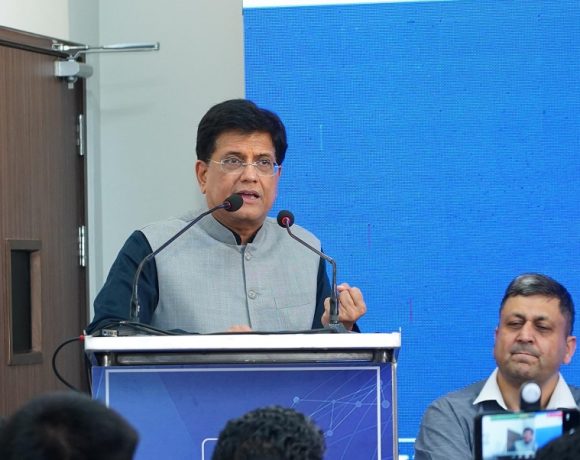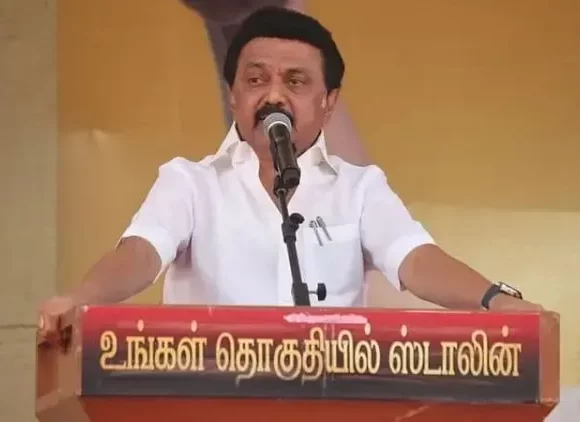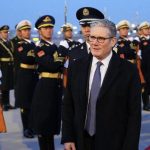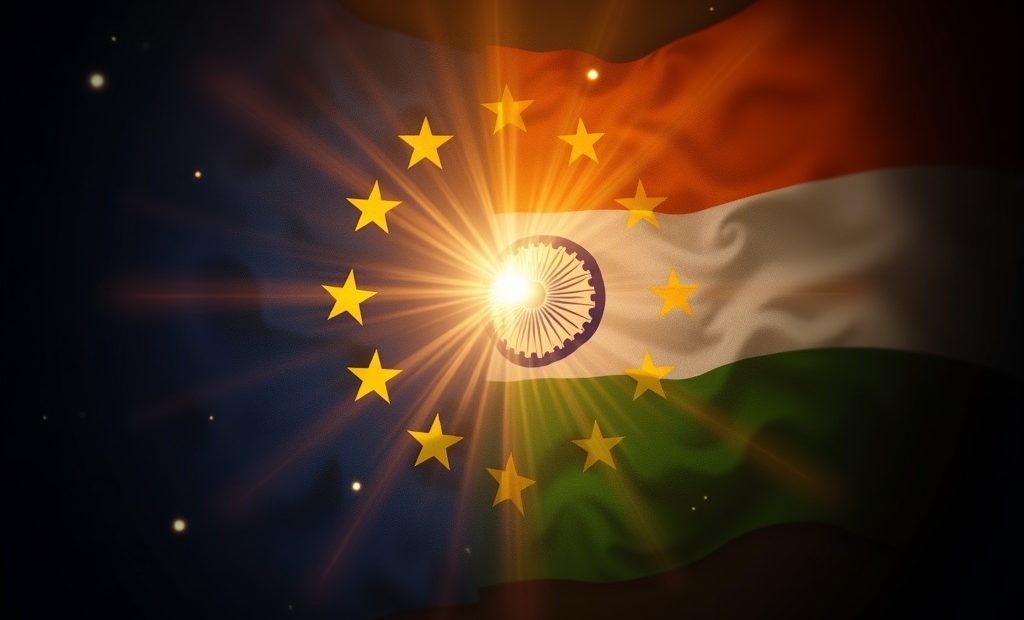
Sweden Advocates Swift EU‑India Free Trade Pact
Sweden has urged the European Union and India to expedite finalisation of their long‑pending free trade agreement, highlighting the need to tackle both tariff and non‑tariff barriers. Speaking at a business summit in Stockholm on June 11, Sweden’s Minister for International Development Cooperation and Foreign Trade, Benjamin Dousa, described current regulations on both sides as “over‑regulated” and stressed that reducing friction would unlock substantial economic opportunities.
Dousa noted that India—currently the fastest‑growing major economy—stands to reinforce its position as a global manufacturing hub if foreign direct investment is encouraged through smoother trade policies. Pointing to Sweden’s century‑long business link with India, including companies like Ericsson, ABB, Volvo, IKEA, and Tetra Pak, he emphasised the value of removing compliance obstacles to enhance investment flows.
Commerce and Industry Minister Piyush Goyal, who joined Dousa at the summit, affirmed that negotiations between India and the EU were progressing well. He described the required adjustments as “a wee bit of tariff recalibration” alongside regulatory alignment. Goyal reiterated that an India‑EU trade agreement would serve as “a great enabler” of shared prosperity and reminded participants of iconic words from Rabindranath Tagore: “you have to swim in the waters to cross the seas.”
More than 280 Swedish firms currently operate in India, employing nearly 17,000 people, while 75 Indian companies in Sweden support 7,000 jobs. Stakeholders at the summit, including Swedish business leaders led by Jacob Wallenberg of the Confederation of Swedish Enterprise, urged both sides to conclude the pact at the earliest opportunity.
On related matters, Goyal launched discussions on concluding an India‑EU FTA by the end of 2025. He said over half the negotiation chapters have been finalised, and technical work on market access is approximately 90 percent complete. The remaining challenges—mainly rigid regulations and compliance burdens—justify ministerial level focus in the upcoming rounds of talks.
Observers say a timely agreement would not only boost goods trade but also deepen partnership in services, technology, sustainability, and regulatory cooperation. As Indian infrastructure investments grow—estimated at $125 billion annually—and the nation pursues a $30 trillion economy target, resolving trade gridlocks with the EU will be instrumental in shaping its global economic trajectory.
The EU delegation, led by Trade Commissioner Maroš Šefčovič, is expected to visit New Delhi later this month to iron out the final details. Both sides remain optimistic that a breakthrough can be achieved ahead of member‑state ratification by year‑end.


